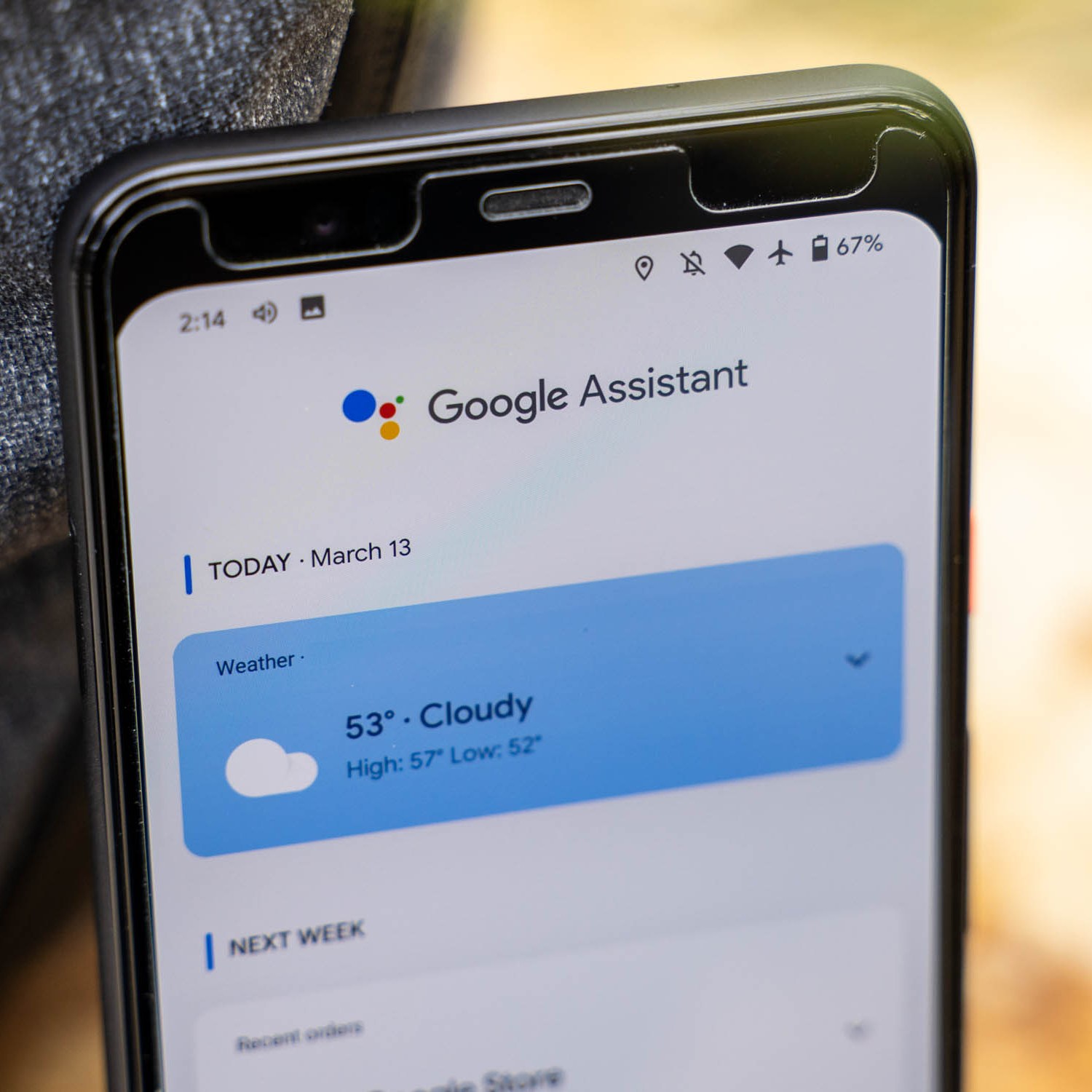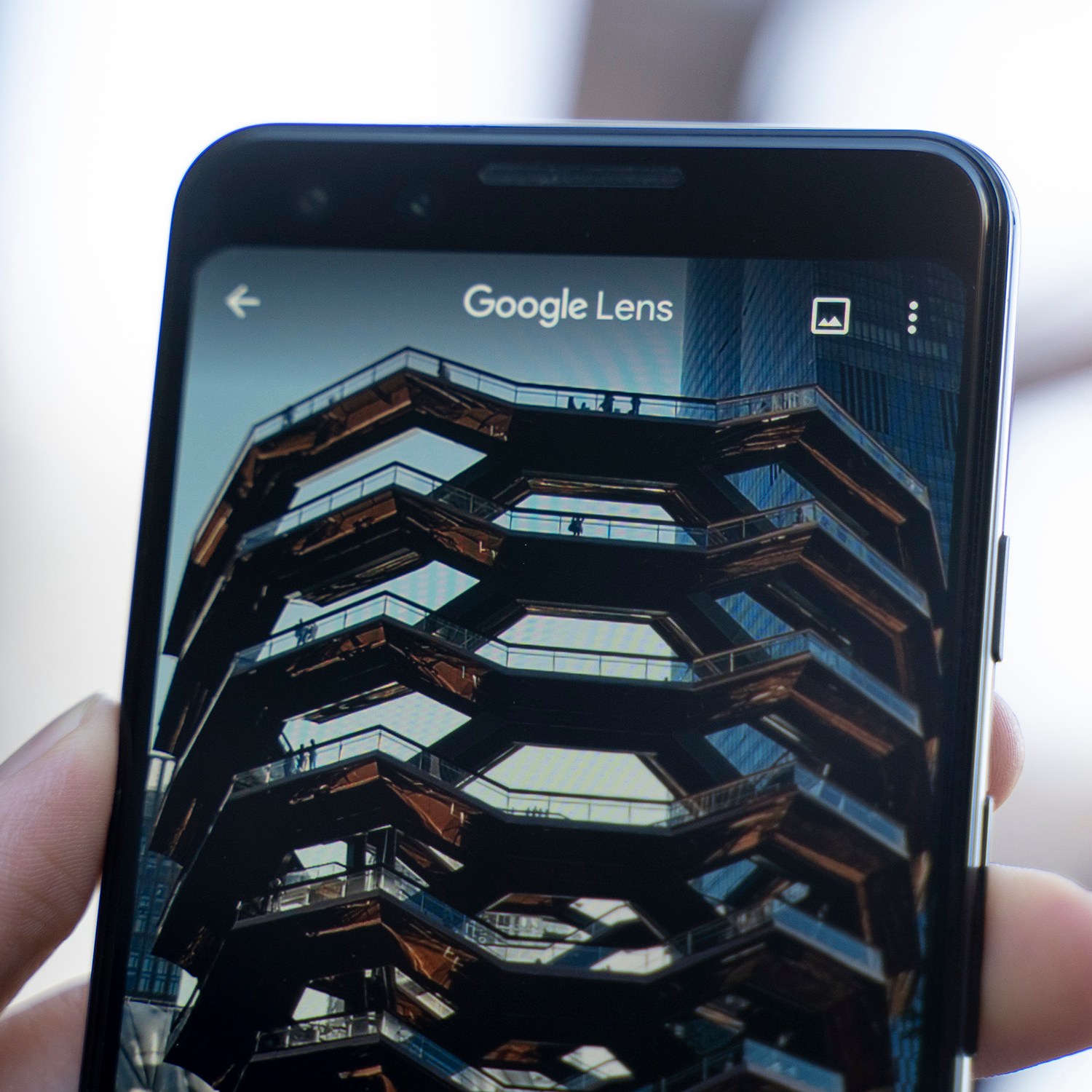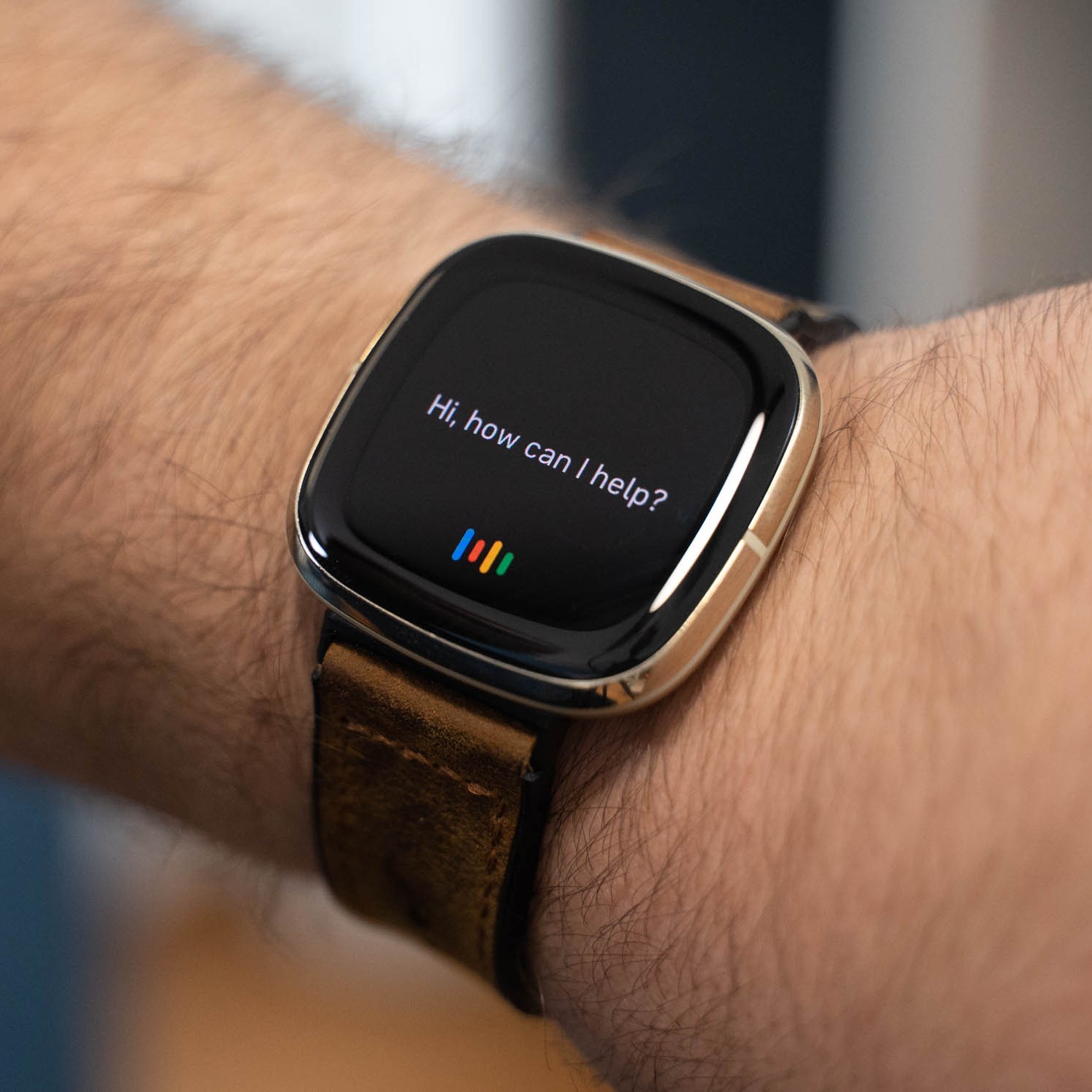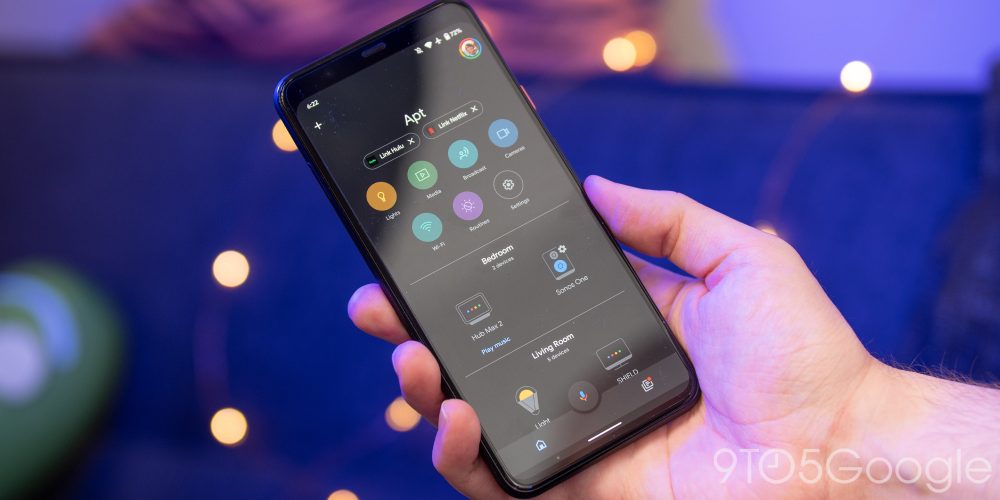
Assistant is one of Google’s most important products as voice cements itself as a key way to interact with technology. The personal assistant spans across all of the company’s form factors and plays an outsized role in smart homes. As the new year gets under way, let’s recap all the major features that Google Assistant and Google Home picked up in 2020.
Google Assistant on phones
Assistant on Android ended 2020 with a brand-new design that widely rolled out in early December. Google did not end up choosing a “compact” UI that was in testing throughout the year, but rather opted for a rounded sheet that’s about the same height as before and features a slight bounce when launched. The most notable aspect is a four-color light bar that’s available on all Android devices after previously being limited to Pixel phones.
Speaking of the new Google Assistant, it started the year by adding G Suite support and expanded availability. Of course, the most monumental event saw NGA expand to the Pixel 4a, 4a 5G, and Pixel 5 after launching on the Pixel 4. The new Assistant closed out the year by introducing “enhanced voice typing” in Gboard for beta users.


A big usability improvement saw Google clean up Assistant settings, including notifications, podcasts, and food preferences. Instead of a layout that grouped dozens of menus into four tabs, there is now one list arranged alphabetically. There’s a search field at the top for more direct access, while ‘Hey Google, open Assistant settings” can quickly bring you to the screen.
Google introduced a “Snapshot” feed in March that’s the spiritual successor of Google Now’s proactive display of information. Various cards are arranged in a timeline with more and more being added. It’s available as the Google app’s second tab, by launching Assistant, or saying “show me my day.” Similarly, there’s an “Updates for you” feed that helps onboard new users.
If Assistant is Google’s present, Lens is its future. There was a big visual redesign to more closely resemble the Pixel’s Camera app. Meanwhile, the visual search tool came to Maps when looking at menus, while getting a new Places and Homework filter. There’s a very useful “copy to computer” shortcut for text as Lens can now be launched from the Google app’s search field and Chrome.



In terms of new features, Google made a big push for Assistant to control and access key features of Android apps with a new Shortcuts interface. Assistant can “read this page” in Chrome, while you can “Hum to Search” for songs and more easily send audio clips through Messages. The company also introduced Action Blocks as an assistive tool to launch Assistant commands form the homescreen.
Earlier in 2020, Google introduced an Assistant Ambient Mode feature on Lenovo tablets and OnePlus phones, while the long-awaited Driving Mode just entered limited testing. Similarly, Assistant expanded for smartwatches beyond Wear OS to Fitbit’s latest fitness devices. Meanwhile, all wired earbuds support Assistant “spoken notifications.”
New for Google Home
Assistant is crucial for controlling smart devices in the Google Home ecosystem. The company ended the year by thoroughly redesigning the Routines experience with easier creation and new Sunrise/Sunset triggers. These macros can be conveniently added to the Android homescreen. Similarly, Home & Away Routines — a legacy Nest capability — made their way into the Home app.
In 2020, the Google Home app benefited from a dark theme, Android 11 integration, cleaner notification and device settings, redesigned media controls, and a better lighting feature. It got deeper Nest Thermostat control and the ability to unlock Nest smart locks. There are more advanced Wi-Fi settings, the ability to import legacy networks, and alerts.

Scheduled actions allow you to have devices, like lights, turn on/off at specific times. On that front, all bulbs now support Gentle Sleep and Wake. Similarly, what’s connected to smart plugs can be identified by device types.
To improve Nest Hubs and speakers as kid-friendly devices, you can now create a “Family Bell” schedule to replicate a school day, while it’s possible to Broadcast to specific rooms and devices. Smart Displays now have sticky ‘Family Notes” as Google made a push for interactive education/storytelling apps and games.
Of course, the biggest change for Smart Displays was a revamped interface that added a dark mode and makes everything more interactive.
In terms of improving the basics, Voice Match — which is now available on third-party devices — accuracy was improved by updating the training process, while “Hey Google” sensitivity helps determine how precise your device’s microphones are when listening for the hotword. The company similarly resumed human review of Assistant audio and made the process opt-in for “recordings.”
On the third-party support, Apple Music was a major addition, as was Zoom — joining group Duo and Meet. Related to this is multi-account sign-in, which is available for video calling and Calendar.
Author: Abner Li
Source: 9TO5Google



